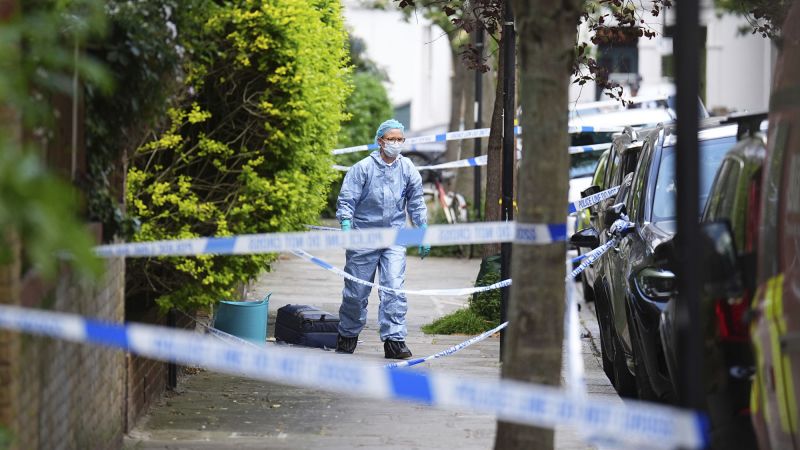Turkey Talks Fall Flat: US Casts Doubt on Ukraine-Russia Peace Prospects as Putin and Zelensky Remain Absent

Turkey Talks Fall Flat: US Casts Doubt on Ukraine-Russia Peace Prospects as Putin and Zelensky Remain Absent
Hopes for a significant breakthrough in the ongoing Ukraine-Russia conflict dimmed considerably this week as both President Volodymyr Zelenskyy and President Vladimir Putin opted to skip planned peace talks in Istanbul, Turkey. While Kyiv dispatched a delegation led by Defence Minister Rustem Umerov, the absence of Putin significantly hampered any possibility of substantive progress.
The United States has echoed this sentiment, with officials stating that a peace breakthrough remains unlikely in the current climate. The lack of direct engagement between the two leaders underscores the deep-seated mistrust and conflicting objectives that continue to fuel the conflict. Analysts suggest that the timing of the talks, coinciding with ongoing military operations and apparent shifts in battlefield dynamics, may have contributed to the leaders' decision to abstain.
What Happened in Istanbul?
Despite Putin's absence, Ukraine sent a delegation to Istanbul, signaling a continued willingness to engage in diplomatic efforts. The delegation, headed by Defence Minister Umerov, was prepared to discuss a range of issues, including ceasefire agreements, territorial disputes, and security guarantees. However, without Putin's presence, the discussions were largely considered exploratory and lacked the authority to yield any concrete outcomes. Turkish officials, who brokered the initial talks, expressed disappointment but reiterated their commitment to facilitating dialogue between the two sides.
US Perspective: A Realistic Assessment
The US stance, articulated by various officials, reflects a pragmatic assessment of the situation. While Washington continues to support Ukraine’s sovereignty and territorial integrity, it acknowledges the significant obstacles to achieving a peaceful resolution. The US believes that any lasting peace agreement will require genuine concessions from both sides and a willingness to address the underlying causes of the conflict. The absence of Putin from the Istanbul talks highlights the challenges in achieving such a shift in mindset.
The Conflict's Current State
The war in Ukraine continues to rage, with intense fighting concentrated in eastern and southern regions. Both sides have reported significant casualties, and the humanitarian crisis continues to worsen, displacing millions of Ukrainians and creating widespread suffering. The conflict has also had profound global implications, disrupting supply chains, exacerbating energy prices, and reshaping geopolitical alliances. The lack of progress in peace talks raises concerns about a prolonged and potentially escalating conflict.
Looking Ahead: What's Next?
The future of peace negotiations remains uncertain. While the Istanbul talks failed to produce immediate results, diplomatic channels remain open. Analysts suggest that future talks may require a different format or a shift in the negotiating positions of both sides. The involvement of international mediators, such as the United Nations or other neutral countries, could also play a crucial role in facilitating dialogue. Ultimately, a sustainable peace will require a fundamental reassessment of the goals and priorities of both Ukraine and Russia.
The absence of leaders from the talks underscores the complexities of the situation, but the ongoing efforts to find a diplomatic solution demonstrate a continued commitment to avoiding further escalation and suffering.






